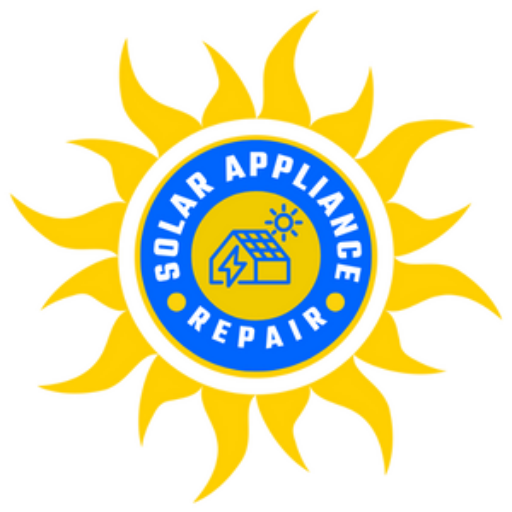Refrigerators are an essential appliance in most households, keeping our food fresh and safe to eat. However, they can also be prone to problems. If your refrigerator is not working properly, there are a few things you can do to troubleshoot the problem and try to fix it yourself. Here’s a comprehensive guide to help you identify and resolve common refrigerator problems.
Common Refrigerator Problems
The Refrigerator is Not Cold Enough
If your refrigerator isn’t keeping your food cold enough, it’s a major concern. This can be caused by several factors, including a faulty thermostat, dirty condenser coils, or issues with the door seals.
The Refrigerator is Not Cooling at All
When your refrigerator stops cooling altogether, it could be due to a malfunctioning compressor, a broken thermostat, or a problem with the evaporator coils. This issue requires immediate attention to prevent food spoilage.
The Refrigerator is Making Strange Noises
Unusual noises coming from your refrigerator can be alarming. These sounds can be caused by a variety of issues, such as a malfunctioning compressor, a faulty fan motor, or loose parts.
The Refrigerator is Leaking
Water leaking from your refrigerator can indicate problems with the defrost drain, a clogged or frozen water supply line, or a malfunctioning water filter. Identifying the source of the leak is crucial to prevent further damage.
The Refrigerator is Frost-Free but Has Frost Buildup
Frost buildup in a frost-free refrigerator can be caused by a faulty defrost timer, a malfunctioning thermostat, or issues with the door seals. Addressing these problems promptly can prevent further frost accumulation.
Troubleshooting Tips
Check the Thermostat
The thermostat controls the temperature of the refrigerator. If the thermostat is set too low, the refrigerator will not be cold enough. Conversely, if the thermostat is set too high, the refrigerator will not be able to keep food cold. Adjust the thermostat to the correct setting and monitor the temperature.
Check the Condenser Coils
The condenser coils are located on the back of the refrigerator and are responsible for cooling the refrigerant. If the condenser coils are dirty, they will not be able to cool the refrigerant properly, leading to cooling issues. Clean the coils regularly to ensure efficient operation.
Check the Evaporator Coils
The evaporator coils are located inside the freezer compartment and are responsible for freezing the refrigerant. If the evaporator coils are dirty, they will not be able to freeze the refrigerant properly. Regularly inspect and clean the evaporator coils to maintain proper cooling.
Check the Door Seals
The door seals, also known as gaskets, are located around the doors of the refrigerator. They help to keep cold air inside the refrigerator and warm air out. If the door seals are damaged or worn out, warm air can leak into the refrigerator, making it difficult to keep food cold. Inspect the seals for any signs of damage and replace them if necessary.
Check the Defrost Timer
The defrost timer controls the defrost cycle of the refrigerator. If the defrost timer is faulty, the refrigerator may not defrost properly, which can lead to frost buildup. Test the defrost timer and replace it if it’s not functioning correctly.
Check the Compressor
The compressor is the heart of the refrigerator and is responsible for circulating the refrigerant. If the compressor is faulty, the refrigerator will not be able to cool properly. Listen for any unusual noises coming from the compressor and check for any visible signs of damage. If you suspect a compressor issue, it may be best to call a professional technician.
When to Call a Professional
If you have tried all of these troubleshooting tips and your refrigerator is still not working properly, it may be time to call a qualified appliance repair technician. A professional can diagnose and fix more complex issues that may be beyond your capability.
Conclusion
A well-functioning refrigerator is essential for keeping your food fresh and safe. By understanding and troubleshooting common problems, you can ensure your refrigerator remains in good working condition. Regular maintenance and timely repairs can extend the lifespan of your appliance and save you from costly replacements.

